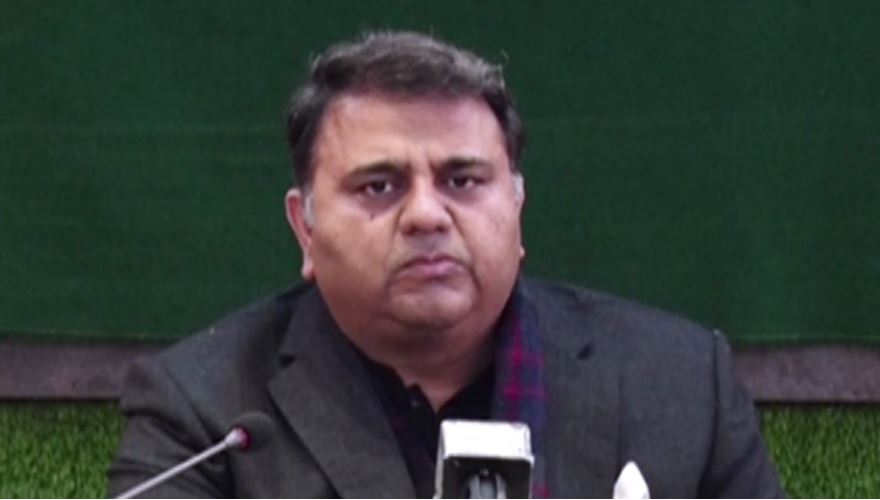The ruling PTI has decided to dissolve its organisational structure after suffering an embarrassing defeat in the recently held first phase of local government elections in Khyber Pakhtunkhwa.
Information Minister Fawad Chaudhry made the announcement on Friday during a press conference in Islamabad. He was speaking to the media after a meeting of the party’s senior leadership that was chaired by Prime Minister Imran Khan.
According to Chaudhry, the prime minister had expressed anger over the party’s performance. He said that according to the results of the elections in village councils, the PTI was still the “biggest party in the province”.
“But the way tickets were awarded […] PTI does not believe in dynastic politics. PM Imran has never let his personal relations affect his mission.”
He said that candidates should be awarded party tickets on merit, which is the opposite of what happens in the PML-N and PPP. “If that culture seeps into the PTI, there will be no difference between us and them,” he said, adding that the premier had voiced his anger over this.
He said that the PTI leadership also debated the about the party’s organisational structure.
“We are receiving complaints that in different areas party tickers were distributed among family members disregarding family members,” he said.
The minister said that a new 21-member committee, comprising senior party leaders, had been formed and tasked with proposing a new structure for the party’s organisations.
Besides, another committee has been formed to oversee the process of awarding party tickets and the local leadership has been stripped of their authority to award tickets to relatives or family members, he said.
Chaudhry said a formal report of the KP local government election results had not been presented to the prime minister because the results in village councils were still being compiled.
In the elections held in the 17 districts of KP on December 19, the PTI, which has been in power in the province since 2013, showed a dismal performance, conceding ground to the the Jamiat Ulema-i-Islam Fazl (JUI-F).
According to the provisional results of 47 of the 63 tehsils declared by the Election Commission of Pakistan, the JUI-F won 17 seats of mayor/chairperson while the PTI came in second by securing 12 seats. Independent candidates grabbed the third highest number of seats at seven, followed by Awami National Party at six, PML-N at three and Jamaat-i-Islami, PPP and Tehreek-i-Islahat Pakistan bagging one seat each.
PM moves to avoid KP-like setback in Punjab
On Thursday, Prime Minister Imran Khan directed the Punjab government and PTI leadership to begin homework for the upcoming local government elections in the province, adding he would personally oversee the preparations.
During a meeting with government officials and the political leadership in Punjab at the Chief Minister secretariat, the premier acknowledged that wrong selection of candidates had led to the party’s defeat in its stronghold of KP.
“The government and party leadership should strictly select candidates on merit and avoid dynastic politics, which was exposed after causing damage to the party in KP,” sources quoted PM Imran as saying.
“The mistakes made in KP must not be repeated in Punjab,” he stressed. With candidates selected on merit, he said, the PTI would give a tough time to its opponents in the local government elections in Punjab.
The sources quoted him as saying that his party organised the KP local bodies elections in a free and fair manner as it neither tried to hijack the polls nor alleged any foul play even after losing. Instead, the sources said, the prime minister had taken his party members to task for promoting dynastic politics and not selecting candidates on merit.
Still, the sources quoted PM Imran as saying, the PTI was the second largest party in KP, while the PML-N and PPP had been wiped out of the province.
The prime minister asked the government and party leaders to take senior and old party leaders in the loop and hold consultations for contesting the Punjab LG elections with full vigour. The premier said he wanted to hold the elections at the earliest so that power and funds could be devolved at the grassroots and the masses’ problems resolved at their doorsteps.












